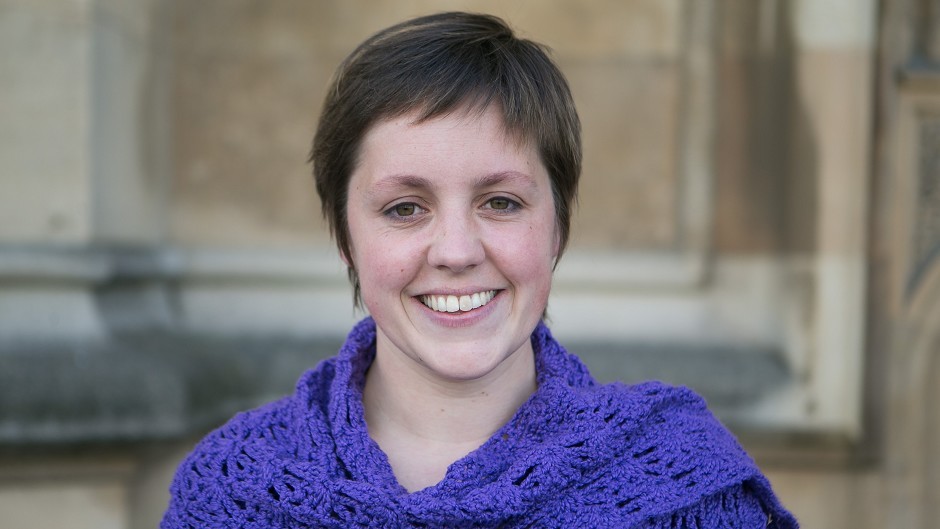I read a piece the other day by Norman Harper about preserving the Doric. There’s no doubt that Doric is dying out. My parents’ generation all grew up speaking and understanding Doric, but bairns nowadays look at me as if I’ve got two heads if I point out how fool or clartit they are.
Generations of children have been told that they must ‘speak properly’ when at school. There is a reasonable argument for standardisation with writing, but less so with speaking. Scotland has such a strong oral tradition it would be a travesty to try to stamp this out. We should be encouraging the preservation of our language, not trying to work towards a common UK-wide dialect.
One of the points made in Norman Harper’s article was that Doric is a spoken dialect. It’s difficult to write in Doric because people don’t think phonetically. There are no agreed spellings and so writing in Doric involves a lot of thinking. It’s not intuitive. I think the rise of social media is, therefore, doing as much to kill the language as the amount of television that folk now watch and the lack of Doric on there.
In order to preserve Doric, it’s incumbent upon those of us who do public speaking to keep the language alive. There are so many local words we cannot afford to lose. Far wid Aiberdonian’s be withoot the ability to talk aboot the wither using words and phrases like dreich, caal, haar, sna, an stottin doon. It’s nae like we get hate wither affin enough ti need oor ain words fir sun.
So I winna mak ony apologies fir using Doric or Scots words. It’s nae slang. It’s part of oor heritage and oor history. Fan I wis a bairn I didna ken anither word for oxters, nor for dookers. Using Scots or Doric is not a sign that I am poorly educated or thick, as I was accused of this week. Bilingual folk will tell you that sometimes there’s not a good equivalent word in one of their languages. Doric has so many crackin words and phrases that dinna hae an equivalent English word.
(I’m writing this sitting in the back of the car sandwiched between my two bairns as they sing “Donald where’s yer troosers”).
English has always borrowed from other languages. Words like “cul-de-sac” and “pyjamas” are commonly used but didn’t originate in the UK. They’re not slang just because they didn’t start off life as English words. Considering most of English evolved from Latin and the language we use now would be completely alien to folk from only a couple of hundred years ago, I don’t think we should limit ourselves to only using words that are ‘proper English’ and we certainly shouldn’t look down on those who don’t express themselves in that language.
